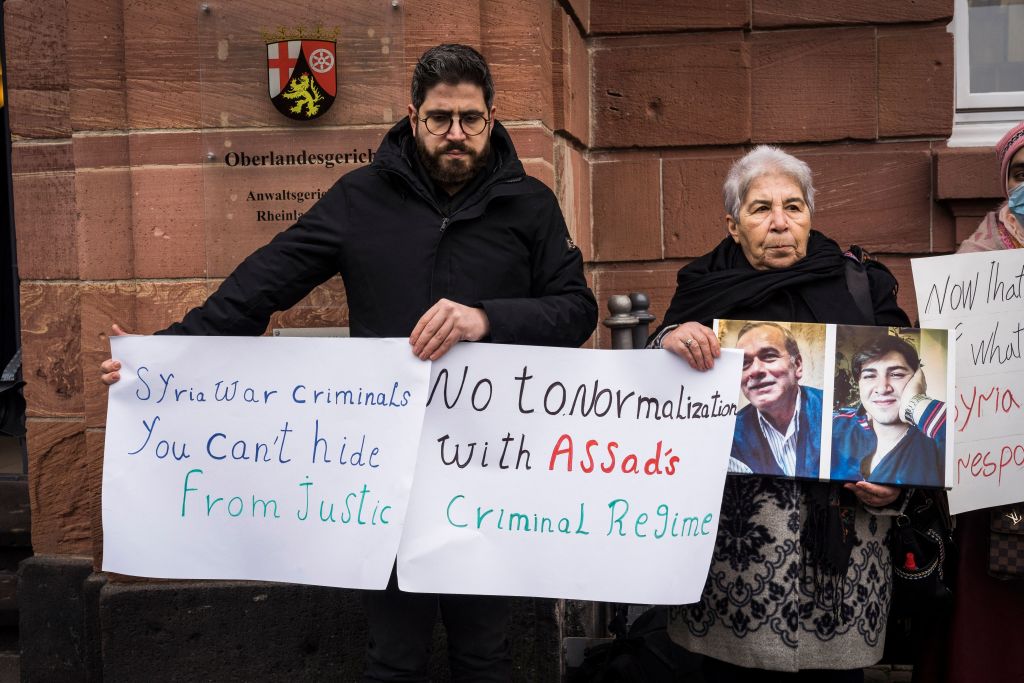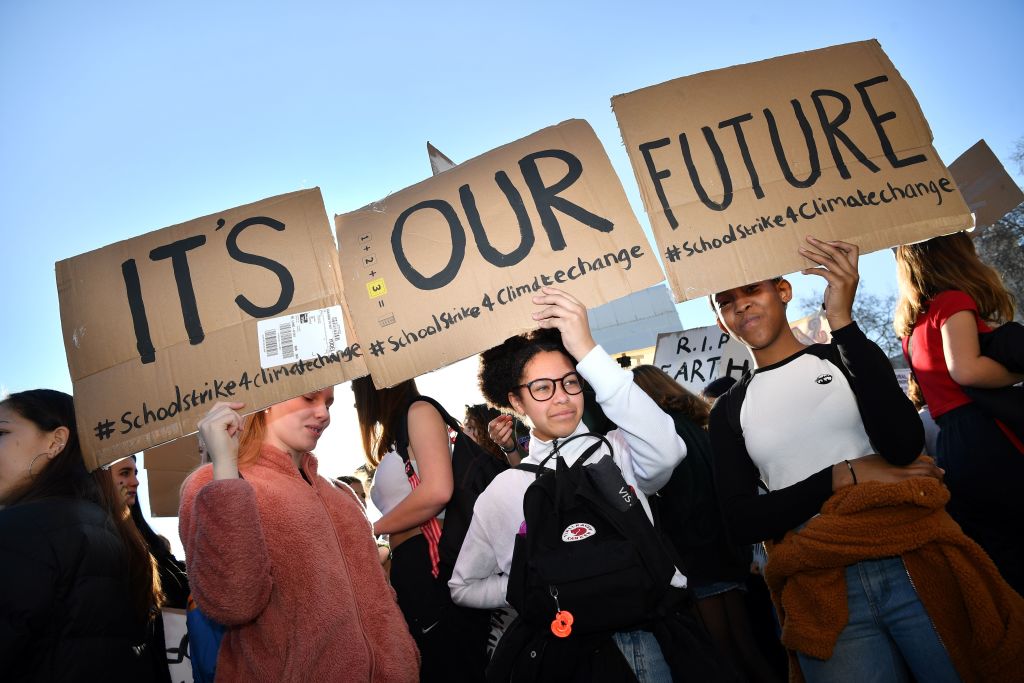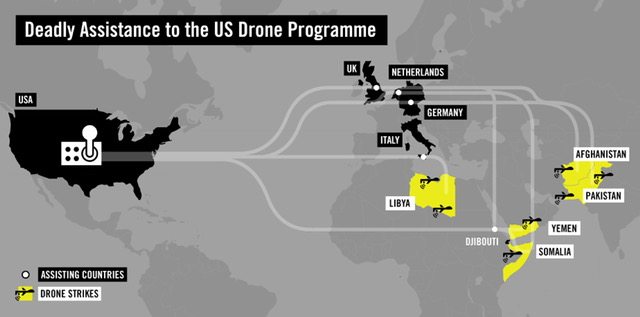The following information is based on the Amnesty International Report 2021/22. This report documented the human rights situation in 149 countries in 2021, as well as providing global and regional analysis. It presents Amnesty International’s concerns and calls for action to governments and others.
GERMANY 2021
The number of hate crimes increased, but the authorities failed to develop a comprehensive strategy against violence rooted in discrimination. The law to protect children born with variations of sex characteristics came into force. A law on freedom of assembly in North Rhine-Westphalia disproportionately restricted the right to freedom of peaceful assembly. Authorities promised humanitarian visas to the most vulnerable Afghans and their families. Amendments to the intelligence law allowed authorities to install surveillance technology to monitor encrypted communication. Germany opposed a proposed waiver to the Agreement on Trade-Related Aspects of Intellectual Property Rights (TRIPS) aimed at increasing international distribution of Covid-19 vaccines. In a landmark court ruling, the Federal Climate Protection Act was found partially unconstitutional.
Discrimination
In May, the Federal Ministry of the Interior reported a 19% rise in hate crimes compared with the previous year.
In the same month, the government adopted a package of 89 measures against racist crimes. While the measures provided more support for civil society, they fell short of addressing institutional racism and of setting out an overall strategy against racist violence.
Accountability for discriminatory abuses by police continued to be hampered by the lack of an independent complaints mechanism to effectively investigate allegations at the federal and state levels, as well as the police in six federal states and at the federal level not being required to wear identification badges.
LGBTI people
In March, the federal government adopted an LGBTI inclusion strategy that had been developed in close cooperation with civil society organizations and aims to integrate the protection of the human rights of LGBTI people into foreign policy and development cooperation.
In May, the law to protect children born with variations of sex characteristics came into force. Although the law tackled human rights violations against intersex people concerning unnecessary medical procedures, it failed to introduce further measures to end the pathologization of intersex people and to include reparations for people who underwent unnecessary and irreversible medical treatment.
Freedom of assembly
In December, the parliament of the federal state of North Rhine-Westphalia adopted a law that disproportionately restricted the right to freedom of peaceful assembly by imposing a series of administrative requirements and unduly extending state surveillance and control powers, for example through the setting up of checkpoints. It also provided for criminal penalties for organizers who failed to submit prior notification, with the exception of spontaneous assemblies.
According to Reporters without Borders, journalists were not sufficiently protected by the police when reporting on demonstrations. The organization reported dozens of cases of journalists who had been physically attacked and verbally abused at protests, especially those against Covid-19 measures.
Right to truth, justice and reparation
In February, the Koblenz Higher Regional Court convicted one of the two defendants in the first criminal trial addressing violations by officials of the Syrian General Intelligence Directorate. The defendant was sentenced to four and a half years in prison for his role in acts of torture and deprivation of liberty. The trial of the main defendant was continuing at the end of the year.
Refugees’ and migrants’ rights
In violation of the principle of non-refoulement (forcible return), 167 men were deported to Afghanistan before deportations were temporarily suspended on 11 August.
Following the Taliban seizure of power in Afghanistan in August, the federal government promised humanitarian visas for 2,600 of the most vulnerable Afghans and their family members in September. The new government announced a humanitarian admission programme for Afghans.
Under the EU voluntary humanitarian admission scheme of the EU-Turkey statement, 2,192 Syrian refugees arrived and at least 2,211 refugees were resettled under the UNHCR resettlement programme.
Delays in family reunification procedures raised concerns regarding the right to family life. Applicants from Afghanistan, Eritrea and Syria waited for more than a year to receive their first appointment at German embassies to start the procedure to reunite with their family members in Germany.
Right to privacy
In March, the Act on the Federal Intelligence Service was amended following a 2020 Federal Constitutional Court ruling. The revised Act allows for mass surveillance of foreign communications and for surveillance of communication networks without oversight when the declared aim is to determine the usefulness of information for specific investigative purposes.
In June, the Federal Parliament passed further amendments to intelligence laws allowing German intelligence services to install surveillance technology (“state trojans”) on devices to monitor even encrypted communications. The intelligence services can require that internet service providers assist in this process and can exploit critical computer security vulnerabilities when installing the surveillance software (so-called “zero-day exploits”).
Following the global Pegasus investigations, the German government admitted to the purchase and use of NSO Group’s Pegasus spyware. While the Ministry of the Interior noted that it was only used in accordance with German law for targeted surveillance, concerns remained because NSO Group’s spyware had been documented as facilitating human rights violations around the world.
Right to health
Germany contributed €2.2 billion to the ACT-Accelerator and delivered 84 million Covid-19 vaccine doses to the COVAX initiative. The federal government opposed the TRIPS waiver proposed by the WHO and failed to put pressure on BioNTech to join the WHO Covid-19 Technology Access Pool or mRNA vaccine technology transfer hub to share its knowledge and technology, and scale up global manufacturing.
Civil society organizations continued to raise concerns over the fact that abortion is regulated through criminal law.
Corporate accountability
In June, the Federal Parliament passed the Act on Corporate Due Diligence in Supply Chains, which requires corporations based in Germany with at least 3,000 employees to conduct human rights and environmental due diligence from 2023. Concerns remained regarding the limited scope of the law because it only applies to large companies and does not impose due diligence obligations throughout the whole value chain. The law also failed to improve the right to compensation for people who experience abuses as a result of a lack of due diligence by corporations.
Failure to tackle climate crisis
In March, the German Constitutional Court ruled that the Federal Climate Protection Act was partially unconstitutional. The Court found that the Act violated the rights of future generations by imposing on them the undue burden of later drastic restrictions to compensate for current insufficient measures to tackle the climate crisis.
Irresponsible arms transfers
An arms export moratorium on Saudi Arabia, extended in December 2020, remained in place until the end of 2021. As in previous years, it only covered Saudi Arabia, not other countries involved in the conflict in Yemen. The export of German parts and components for joint European arms projects destined for Saudi Arabia remained permitted.











